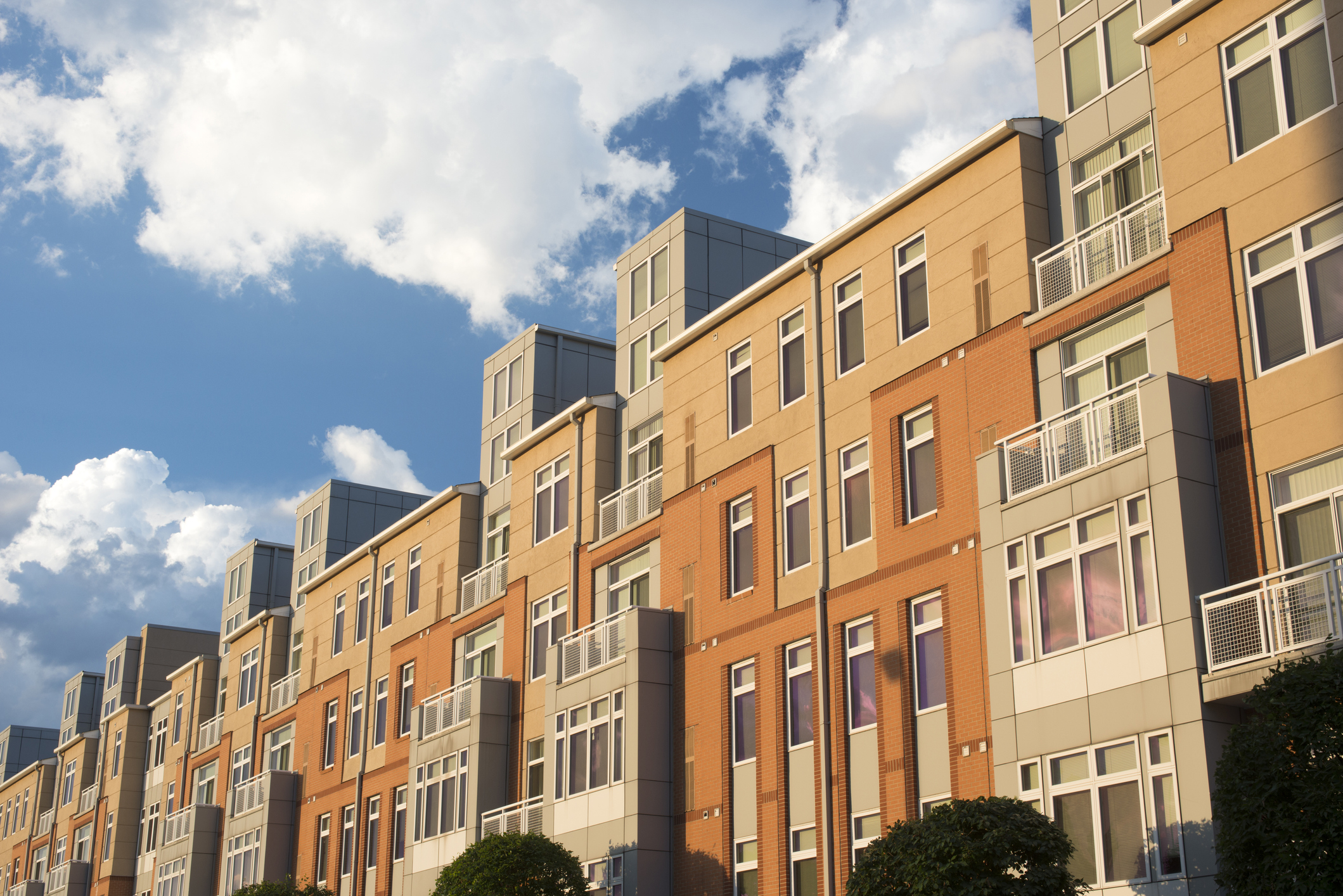Seven Facts about FHA Multifamily Loans for Affordable Housing

The Federal Housing Administration (FHA), a part of the U.S. Department of Housing and Urban Development (HUD), is one of the largest mortgage insurers in the world. The agency insures mortgages on affordable housing, multifamily properties, single-family homes, and health care facilities. Since 1934, FHA has financed over 50,000 multifamily mortgages nationwide. Whether you’re interested in acquiring, refinancing, or rehabilitating an affordable housing property, FHA multifamily loans are a financing route you need to know about.
- What is an FHA Multifamily Loan?
In partnership with licensed lenders like Arbor, HUD and FHA insurance programs make capital available to investors for the rehabilitation, development, and refinancing of all apartment properties to make affordable and low-income housing more accessible to all Americans.
- What Types of Properties Qualify?
The Federal Housing Administration defines multifamily properties as those with more than five units. It can include mixed-use space provided that at least 51% of the total square footage is residential. Affordable housing typically refers to those properties in which the occupant is paying no more than 30% of gross income for housing costs, including utilities.
- How Do FHA Loans Work?
FHA insures loans instead of directly making them. Its loans cover the full spectrum of market-rate multifamily properties and affordable housing projects, including low-income housing and rental assistance.
Multifamily Accelerated Processing (MAP), a streamlined method and set of national standards for approved lenders to prepare, process, and submit loan applications for HUD multifamily financing, is required for FHA loans. Approved FHA MAP lenders like Arbor provide access to flexible FHA multifamily loan programs on an expedited basis and financing for acquisitions, refinancing, moderate rehabilitation, substantial rehabilitation, or new construction.
- What Advantages Do FHA Loans for Affordable Housing Have?
FHA loans have among the most advantageous terms in the industry, such as:
-
- Low down payments
- Long amortizations with low monthly payments
- Flexible debt service coverage ratios (DSCR)
- Low interest rates
In addition, Arbor borrowers may be able to recoup equity as part of refinancing and make monthly distributions of surplus cash on qualified FHA multifamily loans.
- What Types of FHA Loans Can Be Used for Affordable Housing?
FHA affordable housing loan products are often used for the creation and preservation of affordable housing. They often have flexible loan terms and fixed- or variable-rate options.
- FHA 233(f) is for refinancing or renovating existing multifamily properties, including Section 202 low-income elderly housing. Arbor uses the single-stage Multifamily Accelerated Processing (MAP) program to expedite 233(f) loan underwriting and approval.
- FHA 221(d)(4) loans can be used for the construction or significant rehabilitation of multifamily properties, including market-rate, low-income, rental assistance, and other types of multifamily projects. FHA 221(d)(4) loans generally range from $2 million to over $100 million and, in most cases, do not have a hard cap or minimum.
- FHA 233(a)(7) loans can be used to refinance existing HUD-insured loans. Refinance costs, such as prepayment, are included, and FHA 233(f) and FHA 221(d)(4)-insured properties are eligible.
Both FHA 233(f) and FHA 221(d)(4) loans can be combined with Low-Income Housing Tax Credits (LIHTC). FHA loans offer significant benefits for the creation and preservation of affordable housing properties, including higher LTV allowances, fewer DSCR requirements, and lower mortgage insurance premiums.
- What Types of Transactions Qualify for FHA Multifamily Loans?
An array of multifamily and affordable housing properties and renovations qualify for FHA financing, including:
- Acquisitions
- Refinancings
- LIHTC executions
- Energy-efficient upgrades
- Green-energy retrofittings
- Moderate to substantial rehabs
- New construction
- What Loan Requirements Should I Know About?
While FHA multifamily loans are not dramatically different from Fannie Mae or Freddie Mac loans, there are some nuanced requirements that borrowers should know:
- FHA loans require annual financial audits.
- These loans typically have more upfront and closing costs.
- They require adherence to the Davis-Bacon labor standards, which mandate that contractors and subcontractors must pay their laborers and mechanics employed under the contract no less than the locally prevailing wages and fringe benefits for corresponding work on similar projects in the area.
Your Financing Partner Is Here to Answer All Your Questions
At Arbor, relationships are the foundation of our business, and we’re committed to providing first-class service. As a Top 20 FHA Lender for the fourth year in a row in 2022, Arbor has strong relationships with HUD offices nationwide and utilizes best-in-class third-party vendors. We have the expertise and commitment to guide our clients through the entire loan process, and our team will work with you to customize the right loan solution for your needs.
Contact us today to learn how Arbor can help you achieve your investment goals.
Interested in the multifamily real estate investment market? Contact Arbor today to learn about our array of multifamily, single-family rental, and affordable housing financing options or view our multifamily articles and research reports.

